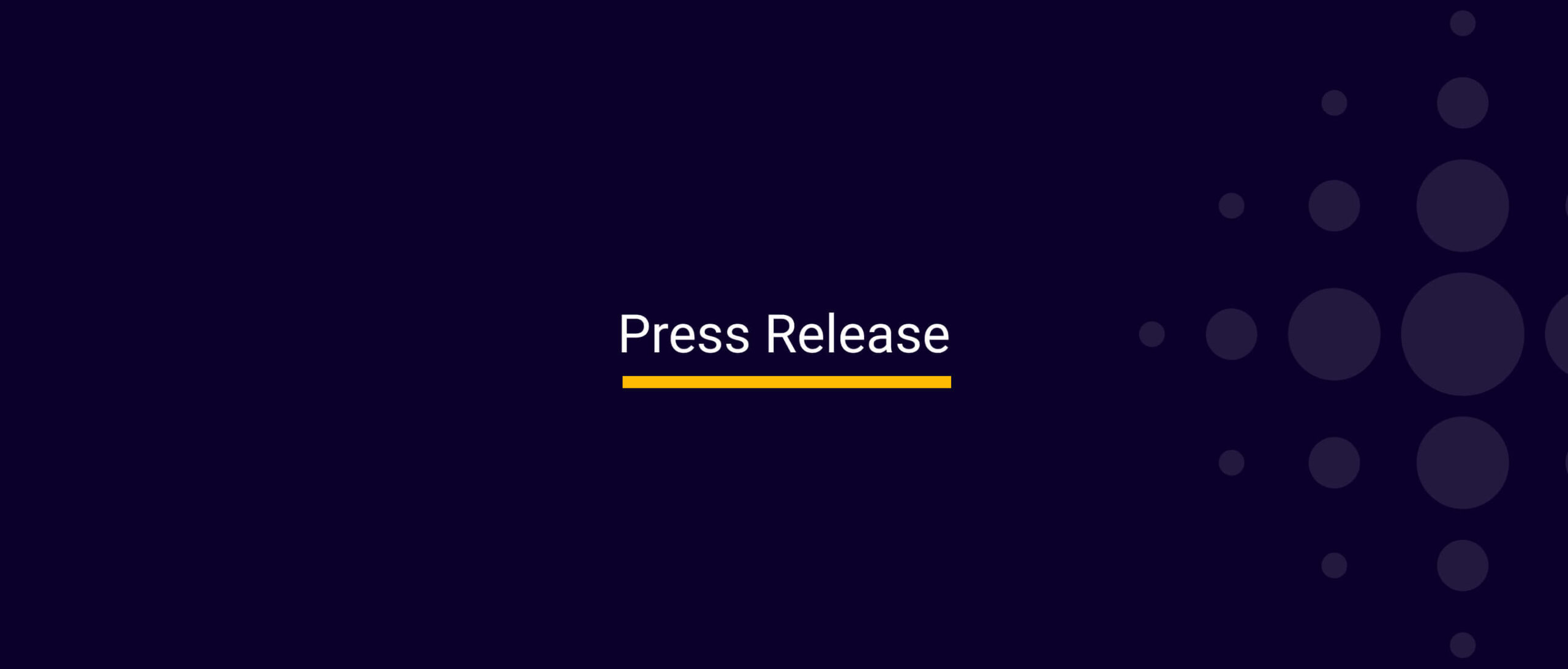With signs of life after COVID-19 now in sight, the Emergent Alliance and its members are looking back on what has been a taxing year but one that has also brought together some of the world’s most high profile organisations to tackle the challenges. In joining forces, the Emergent Alliance has created a forum to share data, expertise and resources to aid economic recovery and has seen growth over the last 12 months that looks set to continue into 2021.
Highlighting the Work of Members
Existing to help with decision-making on industry, regional and global economic challenges during the crisis and to aid societal recovery, the Emergent Alliance has drawn on the expertise of its organisation members, its volunteer data citizens and a curated global catalogue of open and private datasets.
The organisation now has more than 335 data citizen volunteers, over 54 company members and is currently exceeding eight live projects, while also offering five freemium products and services.
With some of the best names in the industry volunteering time, data, and technology on a variety of challenge statements, the Alliance is being recognised for its work in a wide range of sectors. These include supply chain, government, transport, policy makers, health, aviation, travel and tourism, business and the general public.
With numerous challenges already underway, Alliance members have been covering areas like rail travel, aviation activity, regional forecasting and supply chain stress with sustainability and mobility challenges on the radar for later this year.
Rail services and aviation activity
Hosted by Alliance member RSSB, the rail challenge was created to analyse the positive contribution that normalising and resuming rail passenger services will make to reigniting UK economic activity. In developing a simulation engine that will demonstrate how COVID-19 spreads during a rail passengers’ commute, the work forms part of a bigger programme of work led by RSSB to help policy makers understand the relationships between rail’s contribution to economic growth and the risks of infection by encouraging more passengers to use train services.
Aerospace expert Satavia is tracking the current status of the aviation sector in real time, as well as its economic impact and environmental footprint. This includes considering how governments can manage aviation travel restrictions, while minimising the detrimental economic impact.
As the world recovers from the crisis, the speed at which air corridors are reopened is crucial. The challenge aims to address what procedures industry bodies (airports, airlines, regulators) can put in place to reduce spread of the virus and how these may impact the government’s approach to travel restrictions while trying to keep the industry from even more financial issues.
Regional forecasting and supply chain stress
Due to the ongoing pandemic, it has been critical to assess regional statuses to help local authorities determine the level of risk to health and the change of behaviour and sentiment (pulse) in the population.
To achieve this, challenge hosts Rolls-Royce, R² Data Labs and IBM are using predictive and descriptive analytics of open-source datasets that will feed into a simulation engine, the Regional Risk-Pulse Index. This will allow for development in the level of risk to health, the pulse (sentiment and behaviour) and simulation in each region of the social and economic impacts the pandemic has had.
With the risk to health so great, minimising the stress caused by lack of supplies has been key to helping the sector run smoothly during what has been an extremely turbulent year.
Hosted by Ciyent, the challenge saw the increased demand for masks, gloves, bodysuits and other PPEs leading to shortages in many areas. Disruption in production and delays in delivery is compounding the problem. To mitigate its impact, the challenge is researching the response to the unforeseen and exponential demand, the lead indicators for such demand and the mitigating factors in supplies specifically for general and healthcare products.
With many more challenges on the horizon, the Emergent Alliance is working with a wide range of economic, behavioural and sentimental data and combining them to create solutions to problems caused by the pandemic. The analysis of the data opens up new potential to provide answers to urgent and complex problems, and focuses on developing tools in the key areas mentioned to contribute to societal and economic recovery. Through unprecedented data collaboration, Emergent Alliance models can help users with confident decision-making both now and in the immediate future and is excited about where the next few months will take it, its members and the sectors it supports.

